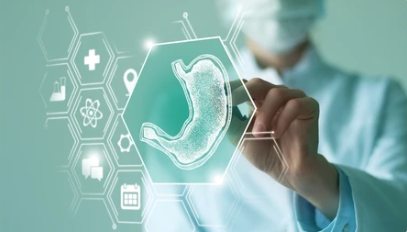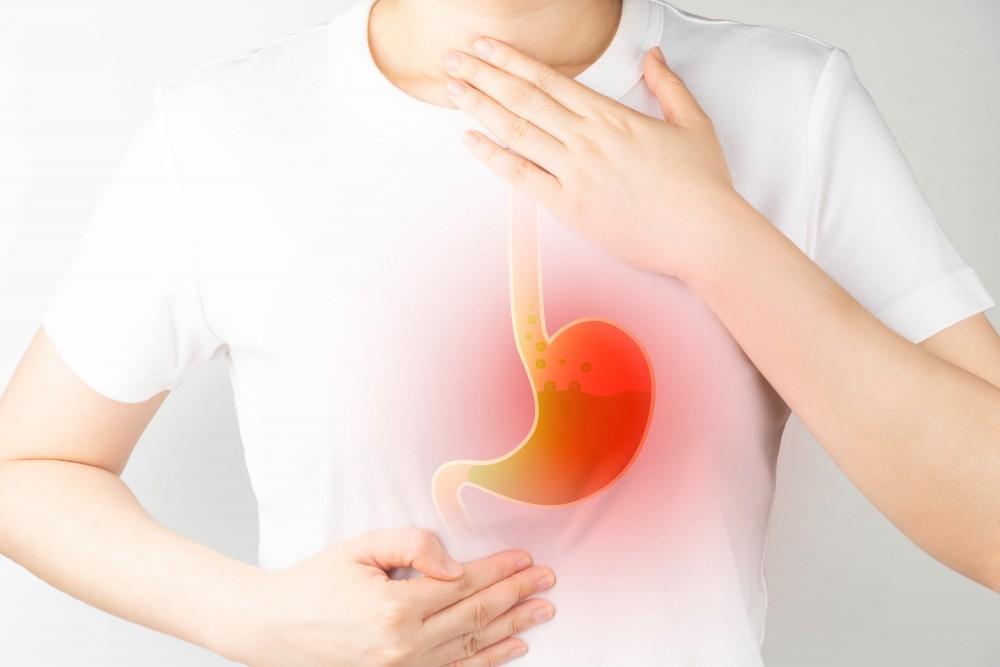Heartburn—it’s a term we often hear, but what does heartburn feel like? If you’ve ever experienced that uncomfortable, burning sensation in your chest, you know it can be quite alarming. Understanding the nature of heartburn, its symptoms, causes, and how to find relief can empower you to manage this common digestive issue. Let’s explore the ins and outs of heartburn, shedding light on what does heartburn feel like and how you can alleviate its symptoms.
What is Heartburn?
At its core, heartburn is discomfort or pain that occurs when stomach acid flows back into the esophagus, the tube that carries food from your mouth to your stomach. This condition is medically known as gastroesophageal reflux disease (GERD) when it becomes chronic. Heartburn can affect anyone, but understanding its nuances can help you recognize and respond to it effectively.
What Does Heartburn Feel Like?
1. Burning Sensation in the Chest
The hallmark of heartburn is a burning sensation in the chest. This discomfort can start just behind the breastbone and may spread toward the throat. It’s often described as a feeling of heat or pressure, and it can be quite intense, leaving many people wondering if something more serious is happening.
2. Upper Abdominal Discomfort
Heartburn doesn’t always confine itself to the chest. Many individuals report feelings of discomfort or pain in the upper abdomen, sometimes mimicking the sensation of indigestion or bloating. This discomfort may feel like a heaviness in the stomach, often exacerbated by eating.
3. Occurrence After Eating or When Lying Down
Heartburn commonly occurs after meals, especially if you’ve eaten a large or rich meal. Foods high in fat, chocolate, caffeine, and spicy dishes can trigger symptoms. Additionally, lying down or bending over after eating can worsen heartburn, as these positions may facilitate the backflow of acid into the esophagus.
4. Nighttime Disruptions
Many people find that heartburn can awaken them from sleep. If you’ve eaten within two hours of going to bed, the likelihood of experiencing heartburn increases. This can lead to restless nights and fatigue, further compounding the discomfort.
5. Sour Taste and Regurgitation
Alongside the burning sensation, you might notice a sour or bitter taste in your mouth, especially when lying down. This taste is often the result of stomach contents or acid rising up into the throat—a phenomenon known as regurgitation. While it can be unpleasant, it’s a common symptom of heartburn and GERD.
6. Relief with Antacids
A key feature of heartburn is that it is often relieved by over-the-counter antacids. These medications neutralize stomach acid, providing quick relief from the burning sensation. If you find that antacids consistently alleviate your symptoms, it’s a good indicator that you are experiencing heartburn.
Causes of Heartburn
Understanding what triggers heartburn is essential for managing it effectively. Here are some common causes:
1. Dietary Choices
Certain foods and beverages are known to trigger heartburn. Fatty or fried foods, citrus fruits, spicy dishes, chocolate, caffeine, and alcohol can all lead to increased acid production or relaxation of the lower esophageal sphincter (LES)—the valve that keeps stomach acid from flowing back into the esophagus.
2. Lifestyle Factors
Lifestyle habits also play a significant role in heartburn. Smoking, being overweight, and sedentary behavior can increase the likelihood of experiencing this discomfort. Additionally, tight clothing can put pressure on the abdomen, contributing to acid reflux.
3. Medical Conditions
Certain medical conditions can exacerbate heartburn. Hiatal hernias, pregnancy, and conditions that affect the esophagus, such as esophagitis, can all lead to increased episodes of heartburn. If you’re experiencing persistent symptoms, it may be worth consulting a healthcare professional.
4. Medications
Some medications can irritate the esophagus or relax the LES, leading to heartburn. Common culprits include nonsteroidal anti-inflammatory drugs (NSAIDs), certain muscle relaxants, and blood pressure medications.

Relief Strategies for Heartburn
If you find yourself grappling with heartburn, there are several strategies you can employ to find relief:
1. Dietary Adjustments
Keeping a food diary can help you identify your specific triggers. Once identified, try to avoid those foods. Eating smaller, more frequent meals rather than large ones can also help minimize symptoms.
2. Lifestyle Changes
Incorporating lifestyle changes can significantly impact heartburn frequency. Maintaining a healthy weight, quitting smoking, and avoiding tight-fitting clothing can help reduce pressure on your abdomen and lessen acid reflux.
3. Adjusting Your Sleeping Position
If nighttime heartburn is an issue, elevating the head of your bed by 6 to 8 inches can help prevent acid from flowing back into your esophagus. Using extra pillows can provide additional support.
4. Over-the-Counter Medications
Antacids, H2 blockers, and proton pump inhibitors are common over-the-counter options for managing heartburn. Consult with a healthcare professional before starting any new medication to ensure it’s appropriate for your situation.
5. Stress Management
Stress can exacerbate heartburn symptoms. Engaging in relaxation techniques such as yoga, meditation, or deep-breathing exercises can be beneficial. Regular exercise, when done safely, can also improve digestion and overall health.
6. Seeking Professional Help
If heartburn persists despite making lifestyle changes and using over-the-counter medications, it may be time to consult a healthcare provider. They can help determine if you have a more serious condition, such as GERD, and recommend appropriate treatments.
Conclusion
Understanding what does heartburn feel like, its causes, and how to relieve it is essential for anyone who experiences this discomfort. While occasional heartburn is common and typically manageable, frequent episodes warrant further investigation. By recognizing your triggers and making informed lifestyle choices, you can take control of your digestive health and minimize the impact of heartburn on your daily life.
Whether it’s through dietary changes, medication, or professional guidance, there are many avenues to explore in the quest for relief. So, the next time you find yourself asking, What does heartburn feel like? remember that you have the tools and knowledge to tackle it head-on.
FAQs About What Does Heartburn Feel Like
1. What is heartburn?
Heartburn is a burning sensation in the chest caused by stomach acid flowing back into the esophagus. It can result from dietary choices, lifestyle factors, or medical conditions.
2. What does heartburn feel like?
Heartburn typically feels like a burning sensation in the chest or upper abdomen, often accompanied by a sour taste in the mouth and regurgitation of stomach contents. It may worsen after eating or when lying down.
3. What are the common causes of heartburn?
Common causes include dietary choices (such as spicy or fatty foods), lifestyle factors (like obesity and smoking), certain medications, and medical conditions like hiatal hernia or GERD.
4. How can I relieve heartburn?
Relief strategies include avoiding trigger foods, eating smaller meals, maintaining a healthy weight, elevating your head while sleeping, and using over-the-counter antacids or medications as needed.
5. When should I see a doctor about my heartburn?
If you experience heartburn more than twice a week, if it interferes with your daily life, or if over-the-counter medications don’t provide relief, consult a healthcare professional.














